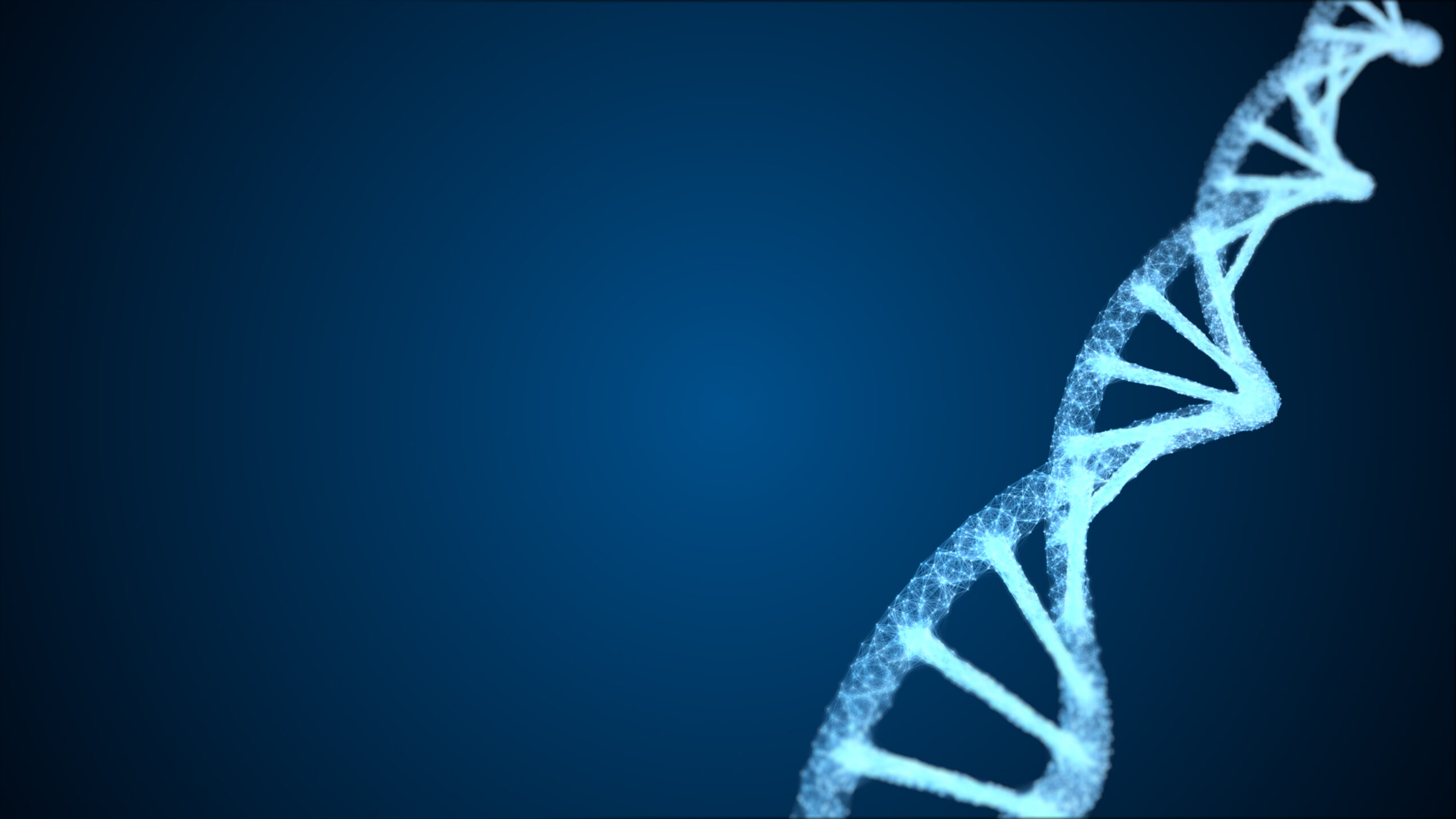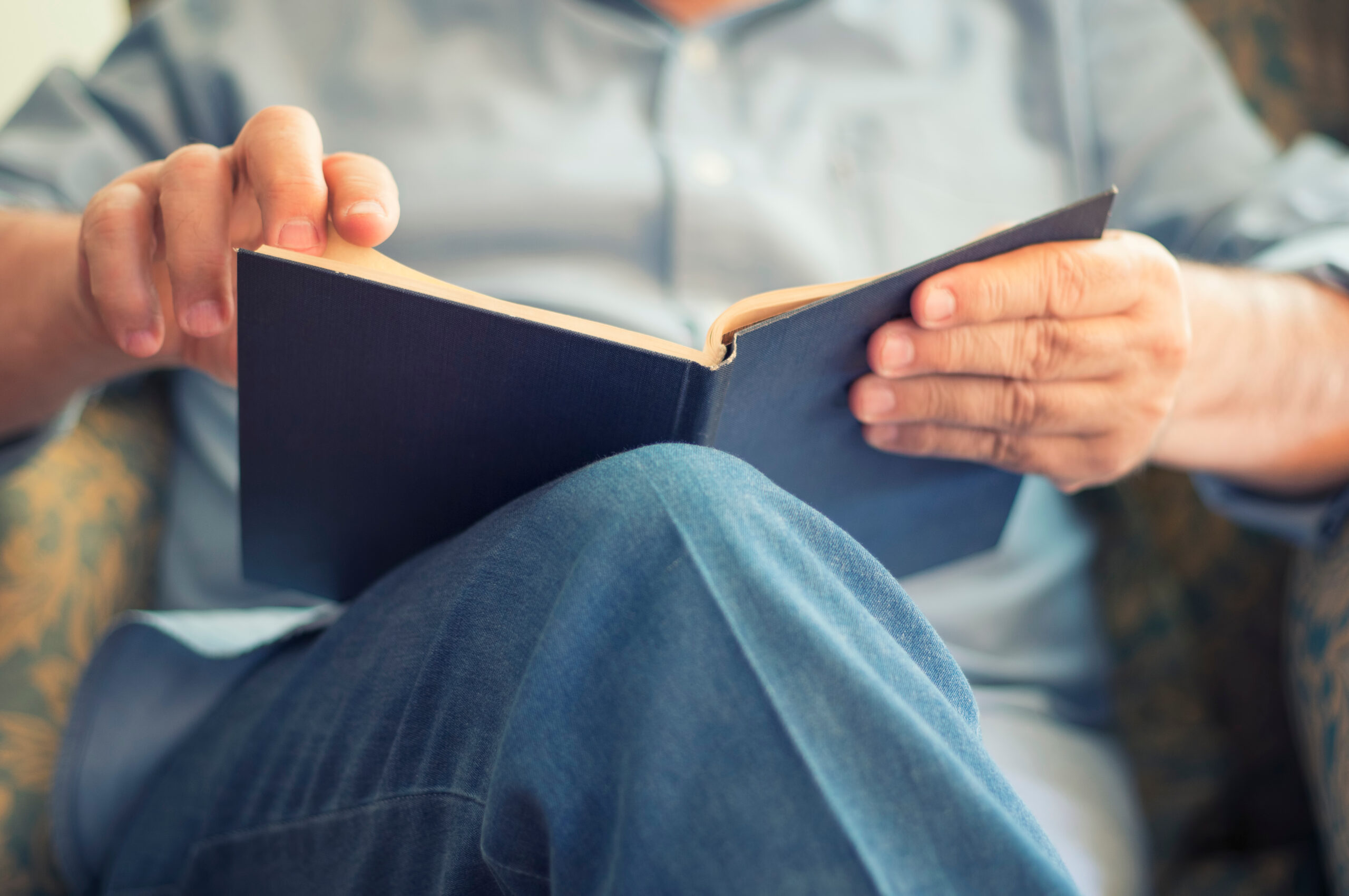Cancer Wasn’t My Identity — Until It Was
Cancer Wasn’t My Identity — Until It Was
When I first heard the words “you have cancer,” my world turned upside down. It was as if time had stopped, and everything around me became a blur. In that moment, I couldn’t help but wonder how this diagnosis would change my life. Little did I know, it would challenge my very sense of identity.
Before cancer, I was like many others—living life with a sense of normalcy, working, socializing, and enjoying hobbies. But with the diagnosis came a new reality. Suddenly, I was no longer just a person; I was a cancer patient. This label brought with it a host of emotions and challenges that I had never anticipated.
One of the most profound impacts of cancer on my identity was the way it affected my body image. The treatments, surgeries, and medications all took a toll on my physical appearance. For women, particularly those with breast cancer, the loss of hair or breasts can be especially difficult. These physical attributes are often deeply tied to femininity and beauty, making their loss feel like a loss of self.
As I navigated this new reality, I found myself questioning who I was outside of being a cancer patient. I had always defined myself by my work, my relationships, and my hobbies. But now, these things seemed distant and unimportant. My identity had become intertwined with my illness, and it was hard to separate the two.
The emotional and social challenges that came with cancer were just as daunting. I faced anxiety about how others would perceive me, fear of what the future held, and a deep sadness about the life I once knew. Simple tasks like going back to work or attending social events became daunting, as I worried about how I would be received.
However, as time passed, I began to realize that my identity was not solely defined by my cancer. I started to find ways to rebuild my confidence and embrace my new body. I learned to focus on the things that truly mattered to me—my relationships, my resilience, and my determination to live life fully despite my diagnosis.
Cancer may have changed my life, but it did not define me. It taught me to appreciate the beauty in imperfection, to find strength in vulnerability, and to understand that identity is not static—it evolves with each experience we face. Today, I am more than just a cancer patient; I am a survivor, a warrior, and a person who has found a new sense of purpose and identity in the face of adversity.





